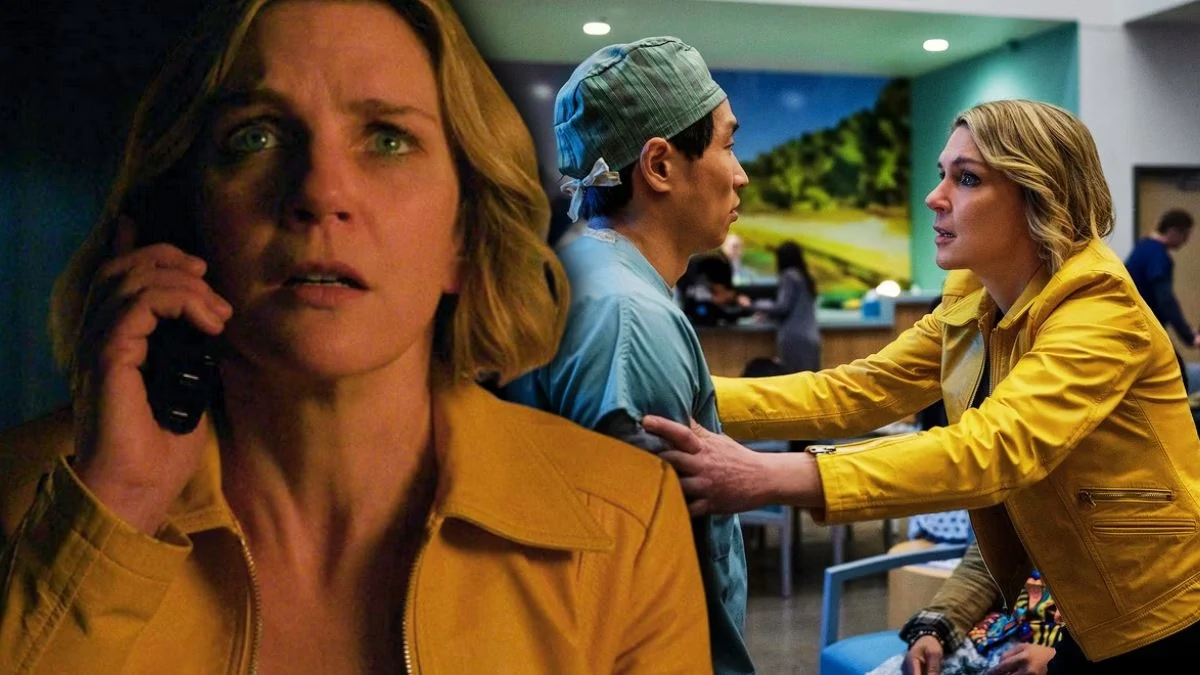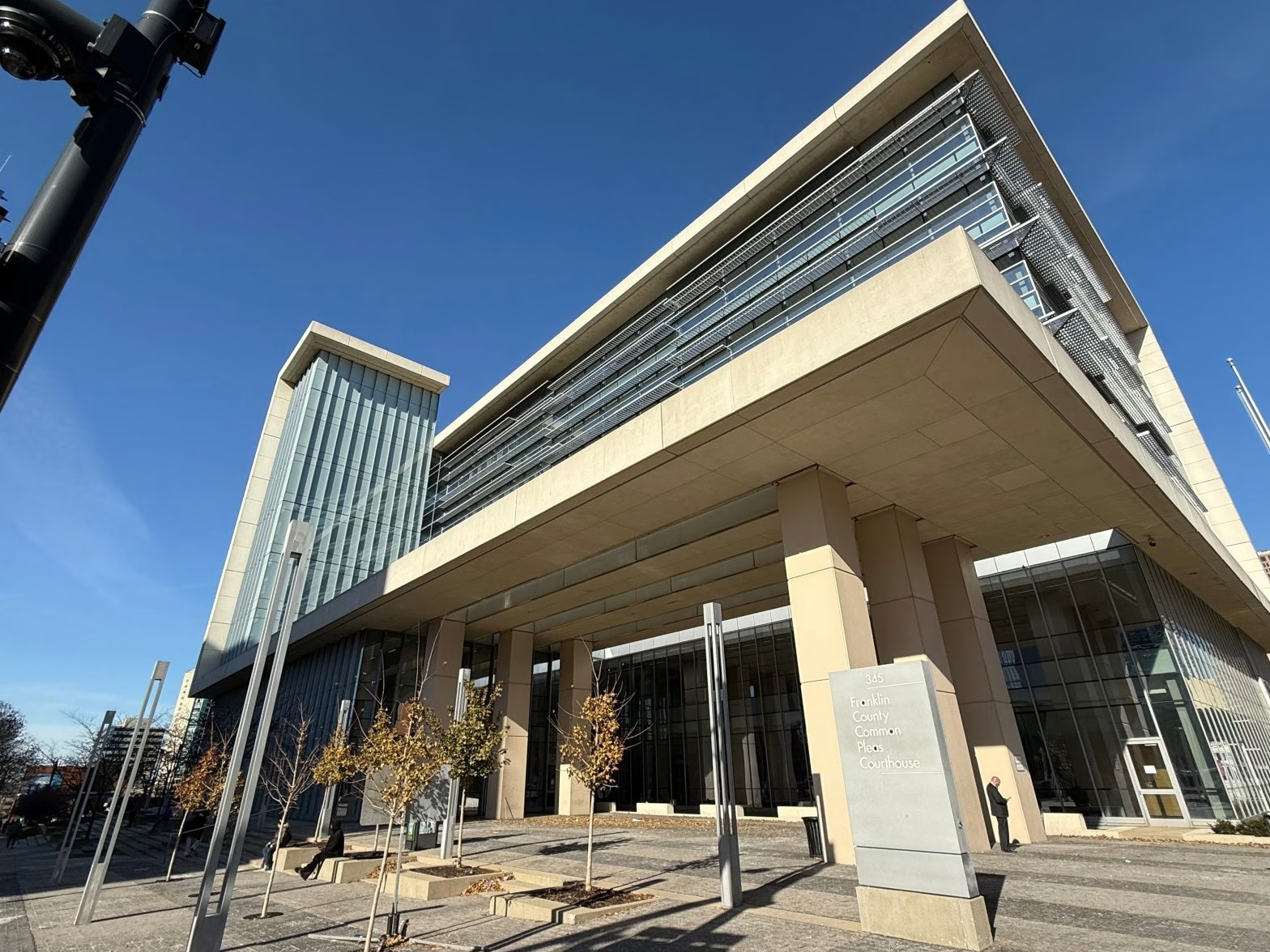USF Health’s Medical Education: A Blueprint for Success
The Decline of Trust in American Medical Education
In recent years, leaders of American academic medicine have struggled to explain why public trust in medical science and education has eroded. Once admired as bastions of scientific rigor and professional integrity, many medical schools are now seen as politicized, ideologically rigid and out of touch with their original mission: preparing physicians to provide excellent, evidence-based, compassionate care.

A Growing Concern
This loss of faith is neither sudden nor inexplicable. Last month, the Center for Accountability in Medicine at Do No Harm, a physician-led organization that advocates for merit-based, non-political approaches in medicine, released its first comprehensive ranking of U.S. medical schools. The University of South Florida’s Morsani College of Medicine, where I serve as dean, was named the best medical school in America — and the only one to receive a perfect score.
How, in a landscape dominated by elite private institutions, did a relatively young public medical school in Tampa achieve what no other could? The reason is simple: USF Health has held fast to fundamental principles that others have abandoned.
The Do No Harm ranking was based on unambiguous criteria: merit-based admissions, academic freedom, clinically relevant evidence-based curricula and freedom from political bias and ideology. On each of these measures, USF excelled.
Academic Medicine Adrift
Across American academic medicine, admissions previously governed by empirical achievement — measured by GPA and MCAT scores, unquestionably the most reliable predictors of medical school success and residency performance — have been increasingly de-emphasized in favor of less objective criteria.
Curricula once strictly grounded in scientific empiricism (i.e., anatomy, physiology, pathology and pharmacology) have increasingly devoted attention to politically charged social theories in the name of advocacy. Simultaneously, medical schools have succumbed to the culture of “safetyism” that has infected higher education, leading to the widespread use of trigger warnings, a narrowing of acceptable viewpoints and the elimination of stressful educational challenges.
In the name of reducing stress, many schools have abandoned traditional grading, and even Step 1 of the U.S. Medical Licensing Examination — long a rigorous, graded test of medical knowledge — has been turned into a pass-fail exercise. Predictably, national pass rates have precipitously fallen, the residency application process has become chaotic and competency gaps have widened. These reforms have yielded record levels of burnout, anxiety and dissatisfaction.
A Different Path
The USF Health Morsani College of Medicine took a radically different path. Admissions are merit-based and color-blind, in accordance with Gov. Jeb Bush’s 1999 executive order. Our curriculum is also demanding, evidence-based and competency-driven. We use proven adult learning methodologies, including self-directed study, small group problem-based learning, deliberate practice and frequent assessments. Research is emphasized.
The curriculum addresses social determinants of health with empirically based components on nutrition, exercise and patient personal responsibility. Since learning occurs at the point of discomfort, students are graded, not coddled; challenged, not shielded.
Our educational leaders are required, and faculty encouraged, to read The Coddling of the American Mind by Greg Lukianoff and Jonathan Haidt, which argues that shielding students from intellectual challenge fosters fragility and anxiety. Every incoming student receives Ryan Holiday’s The Obstacle Is the Way, a modern guide to Stoic philosophy showing how adversity, rightly faced, builds strength and wisdom. Together, these texts anchor a culture that rejects fragility and cultivates resilience.
Evidence of Success
Evidence of success in medical education must be objective, measurable and dramatic. USF’s Medical Licensing Examination Step 1 pass rate stands at 99% (vs. 91% nationally), and our Step 2 pass rate is 100%, with an average score well above national averages (256 vs. 245). The average graduate has four peer-reviewed research publications, and our students routinely match into top residency programs.
This success is also reflected in USF’s rapid ascent among the country’s top research-intensive medical schools. Alongside its No. 1 ranking by Do No Harm, USF is also one of only 16 medical schools nationwide to earn a Tier 1 designation for research from U.S. News & World Report, a remarkable rise from its ranking of No. 80 just 10 years ago.
A Lesson for All
If the dominant theory that favoring “stress-free” education produces happier students is correct, our rigorous approach should yield very dissatisfied students. Yet, the opposite is true. According to the Association of American Medical Colleges’ Graduation Questionnaire, students at USF Health report among the highest levels of satisfaction with their medical education nationally — especially in how it prepares them for residency and practice.
Challenge, it turns out, builds competence, confidence and resilience. The message should be unmistakable. Merit-based admissions, objective assessment and a challenging, evidence-based curriculum produce more competent, more resilient and emotionally balanced physicians — doctors who retain the empathy and compassion with which they entered medical school but who are strengthened by discipline and rigor.
If American medicine hopes to restore the public’s confidence, it must rediscover these fundamental principles that once made it among the most trusted professions in the world.
- 5 famous toothpastes recalled or ditched for unsafe ingredients - December 16, 2025
- Dokter Richard Lee Kecewa Inara Rusli Nikahi Pria Beristri - December 16, 2025
- 510 Siswa Ikut Festival Bulutangkis Semarang 2025, Cetak Talent Baru - December 16, 2025




Leave a Reply